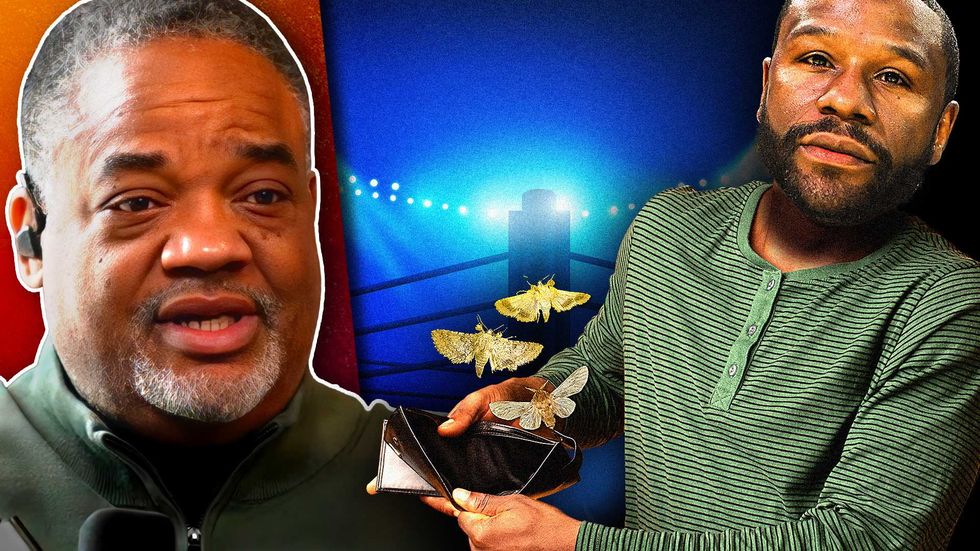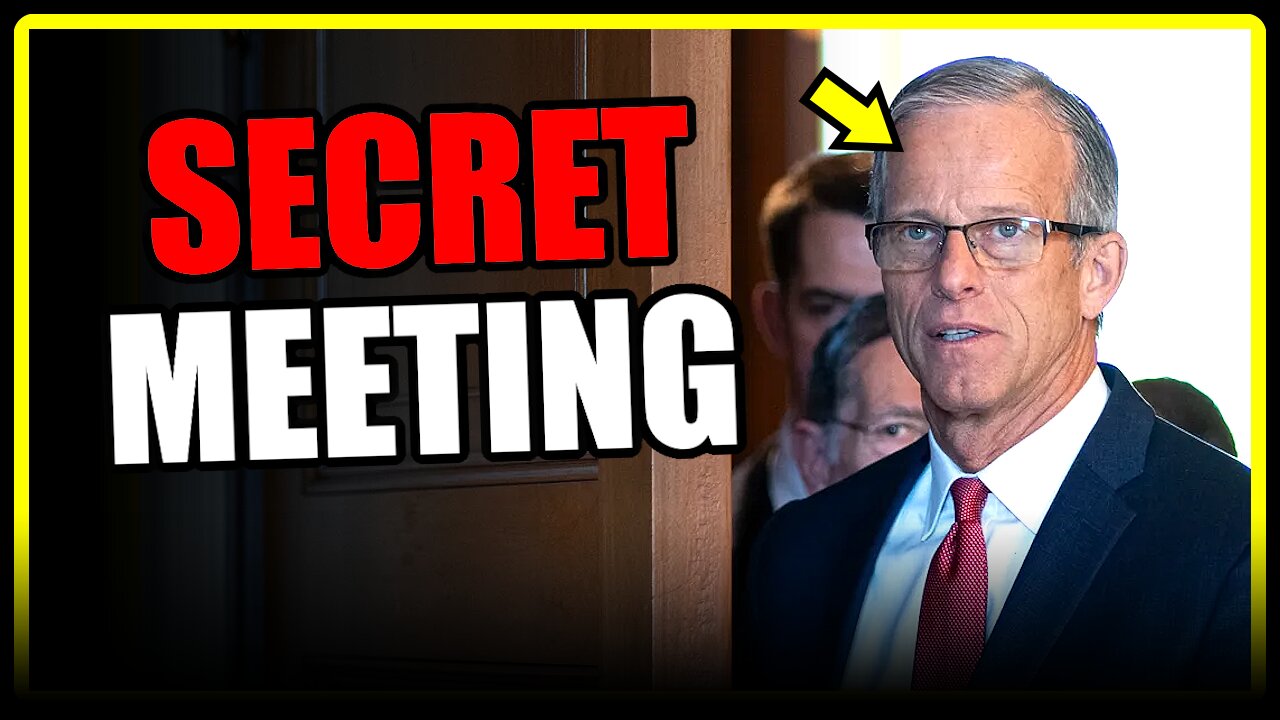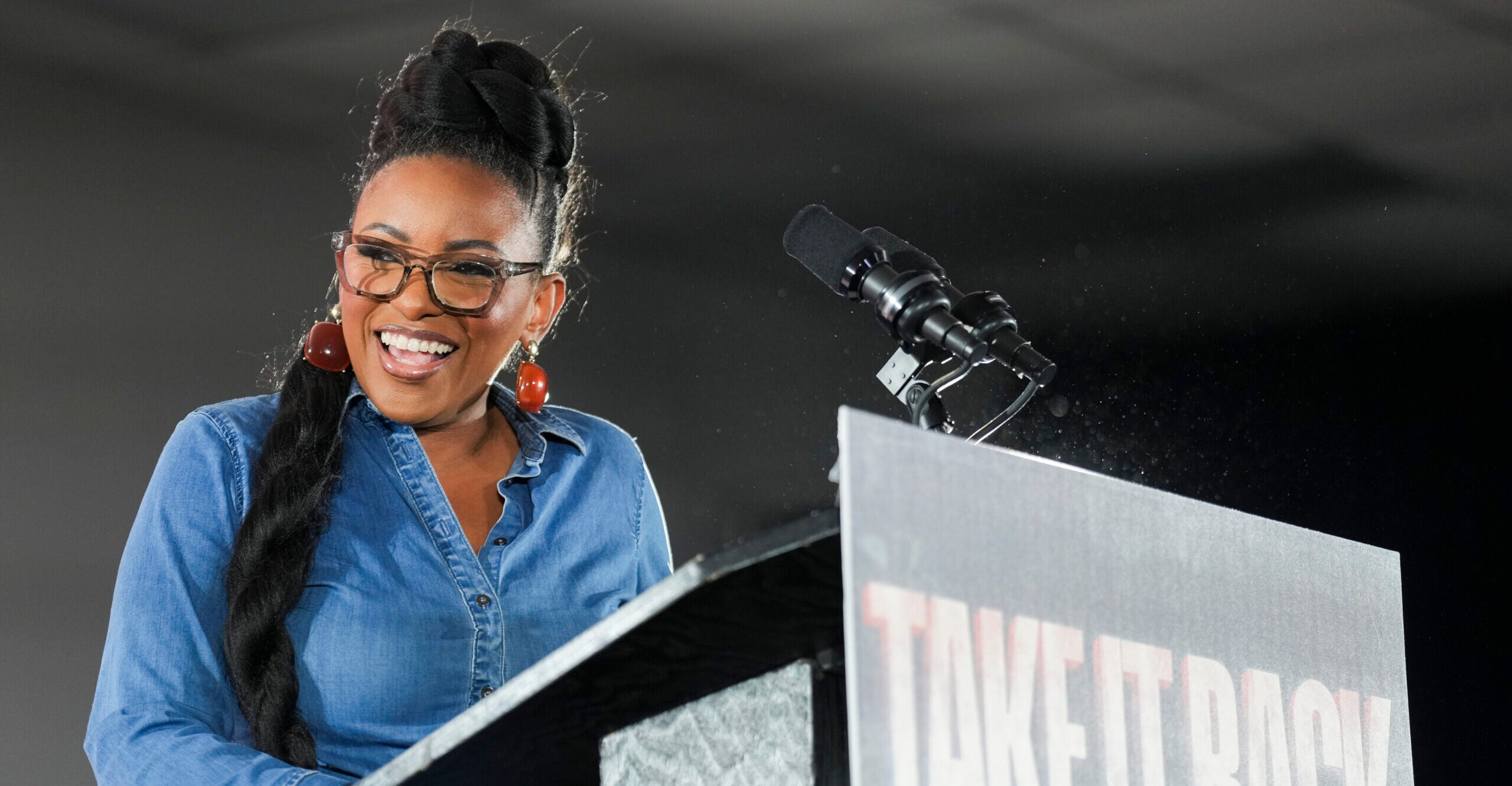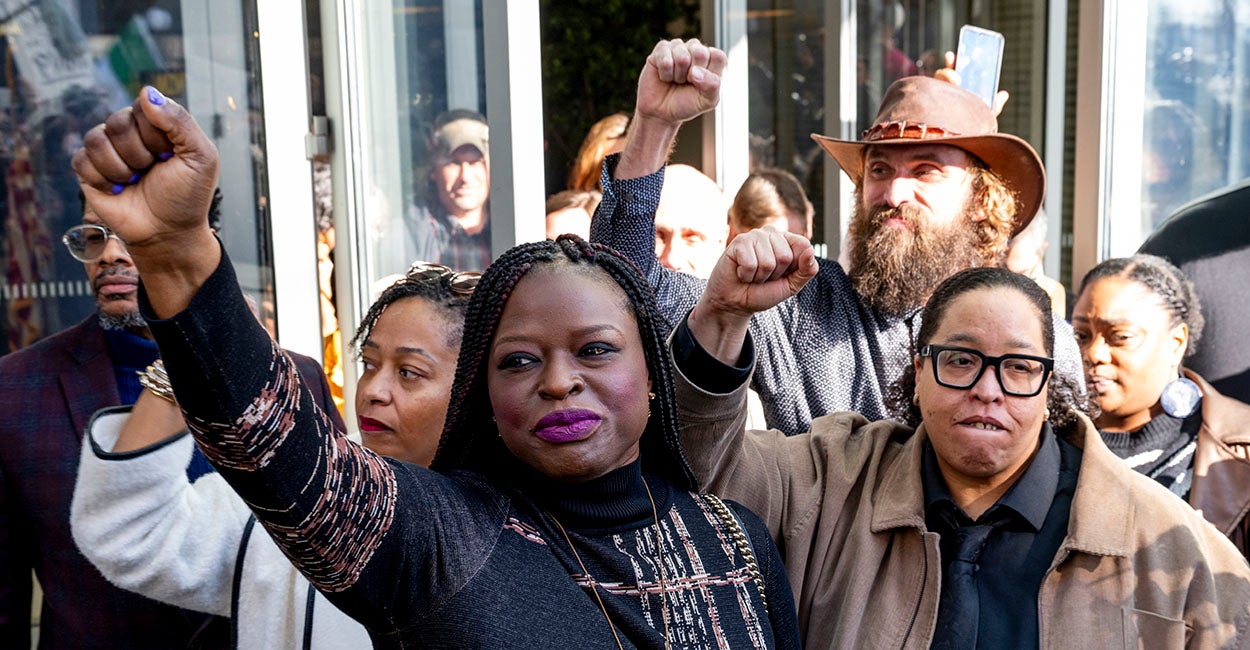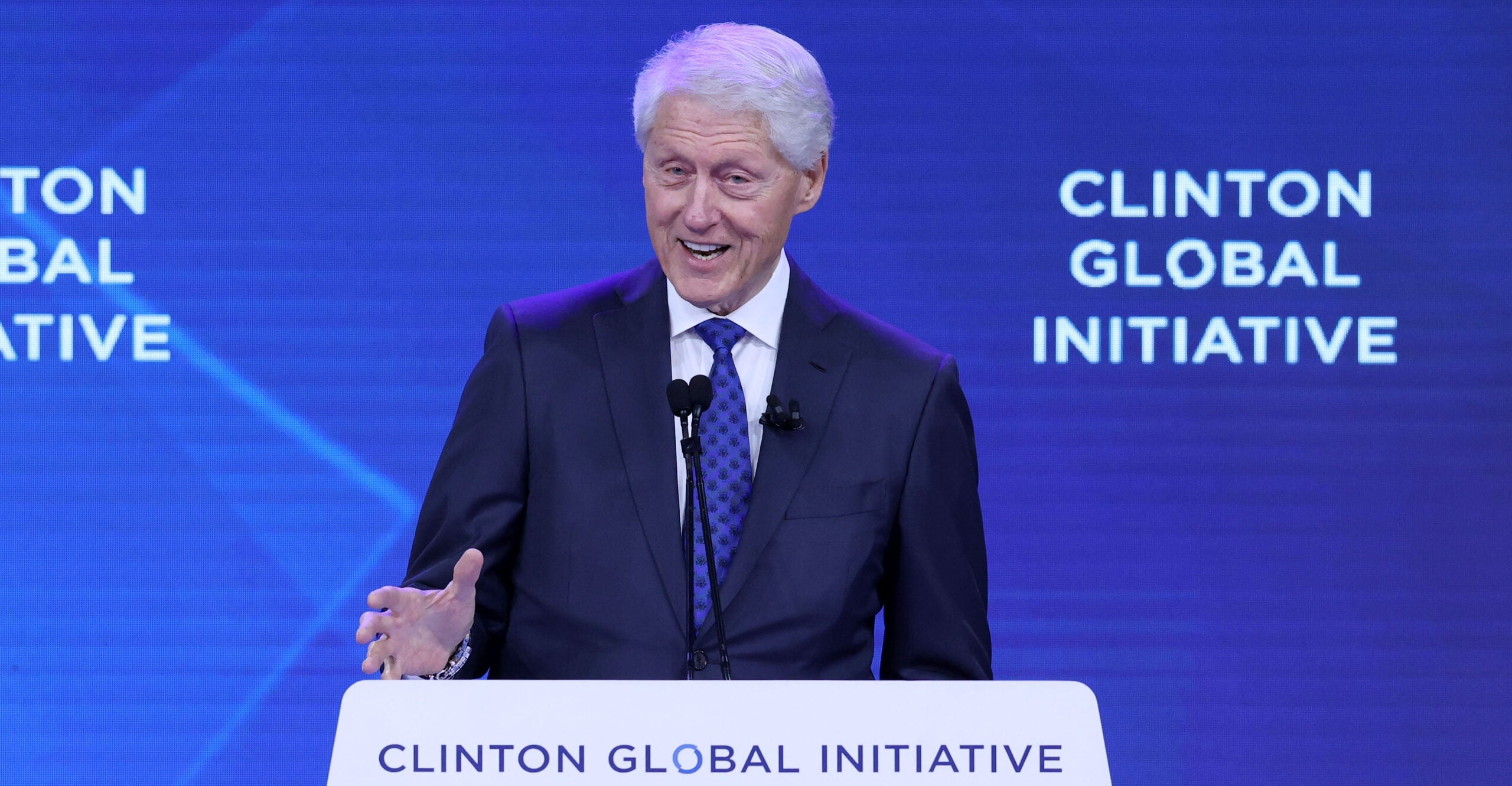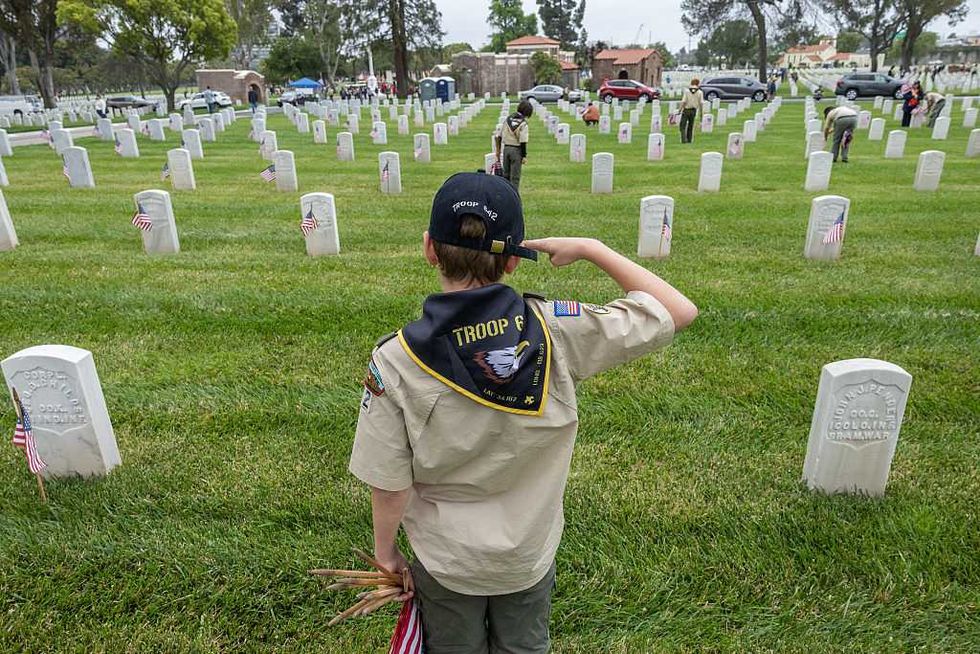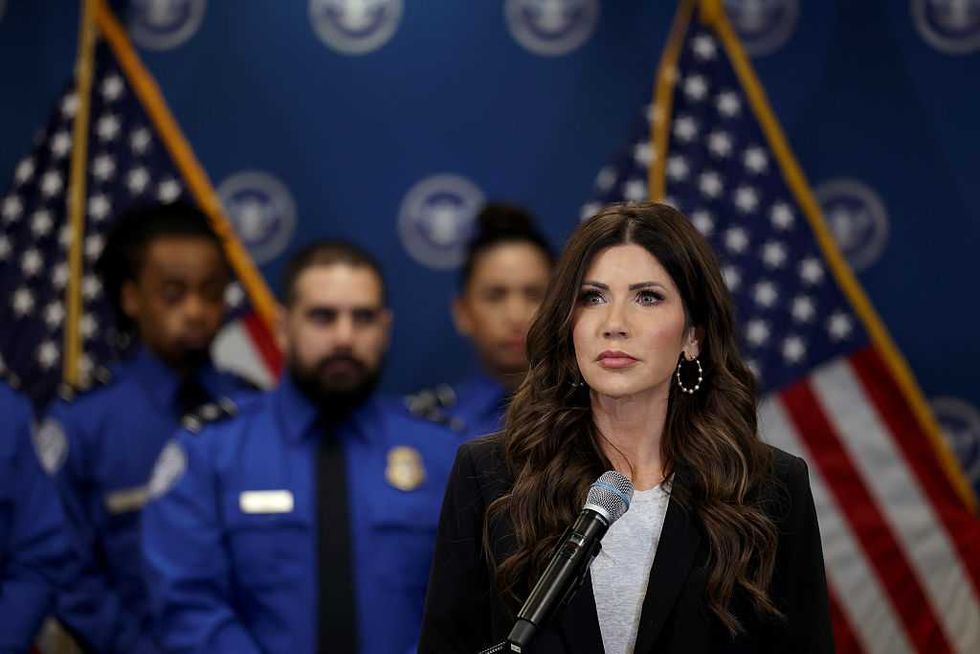Court Debates Whether Therapy Is Speech or Conduct
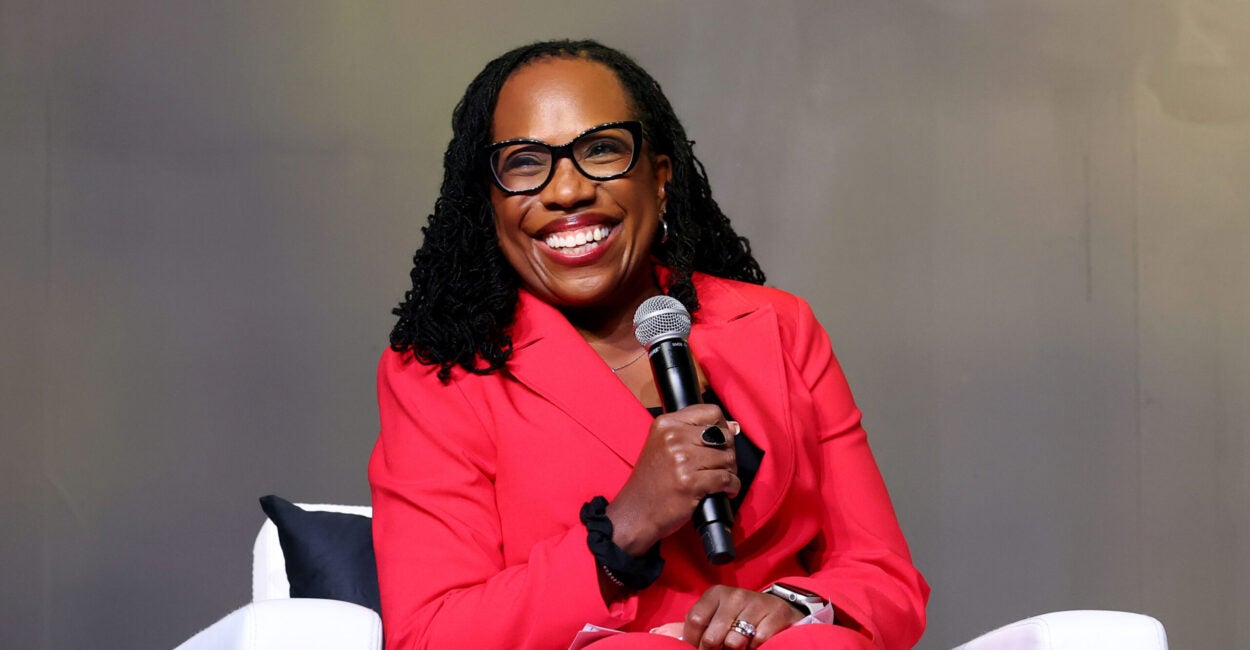
The Supreme Court heard arguments Tuesday over a Colorado law that bans so-called conversion therapy for minors who are confused about their sexuality or gender.
Live Your Best Retirement
Fun • Funds • Fitness • Freedom
Colorado says its law regulates a “treatment” that is harmful and that violates the state’s standard of care. But in Chiles v. Salazar, Kaley Chiles, a Colorado-based counselor, argues the law violates her right to free speech by favoring “the expression of some views over others.”
Chiles, a Christian, says that under the law, she can’t counsel a confused minor to embrace her biological sex—but she can counsel a minor to embrace a “transgender” identity.
Early in the arguments, Justice Sonia Sotomayor abruptly asked whether Chiles encourages her clients to vomit or exposes them to electric shock therapy. James Campbell, Chiles’ attorney, said she simply engages in “voluntary talk therapy” to help clients achieve their goals.
That’s a question the court repeatedly returned to, with arguments largely focused on whether Chiles engages in speech or conduct when she counsels clients.
Earlier this year, the 10th U.S. Circuit Court of Appeals ruled against Chiles because it said her counseling was “professional conduct,” not speech, meaning it wasn’t protected by the First Amendment.
Justice Ketanji Brown Jackson harkened back to that decision on Tuesday, saying she was “struggling to understand” whether a therapist who’s acting in her professional capacity is really expressing a message for First Amendment purposes.
Campbell described Chiles’ counseling as “voluntary speech between a licensed professional and a minor”—which he argued means it’s protected under the First Amendment, citing a 2018 Supreme Court case called NIFLA v. Becerra.
And Chief Justice John Roberts noted that simply because someone engages in conduct does not mean she is not also engaging in protected speech.
But Colorado said its law simply bans certain harmful treatments that violate the state’s standard of care.
Colorado Solicitor General Shannon Stevenson pointed to two studies that allegedly found higher rates of suicidality among teens who underwent conversion therapy—studies Campbell accused of relying on biased sampling (leaning toward cases that help to prove the researchers’ theory), self-reporting (relying on the subjects’ reporting rather than an independent researcher’s observations), and the conflation of “aversion therapy” (therapy designed to associate unwanted behaviors with negative experiences) with counseling.
Meanwhile, many of the justices focused on the evolving nature of “standards of care,” and both Justices Neil Gorsuch and Elena Kagan proposed hypothetical situations with laws banning pro-LGBTQ+ counseling.
The Supreme Court will decide whether Colorado’s law is constitutional or whether it violates Chiles’ right to free speech.
Thomas Jipping, a senior legal fellow in The Heritage Foundation’s Edwin Meese III Center for Legal and Judicial Studies, told The Daily Signal, “Under Colorado law, young people may seek a licensed counselor’s help to affirm or support their sexual orientation or gender identity, but not to change it or even to better align it with their sex or religious faith.”
“As a direct restriction on speech, this blatant, intentional viewpoint discrimination violates the First Amendment,” Jipping said. “The kind of ‘talk therapy’ that plaintiff [Kaley] Chiles uses helps many clients, and Colorado has never offered evidence of any harm.”
“The Constitution does not allow the state to turn professionals into its ideological mouthpieces,” Jipping concluded.
The post Court Debates Whether Therapy Is Speech or Conduct appeared first on The Daily Signal.
Originally Published at Daily Wire, Daily Signal, or The Blaze
What's Your Reaction?
 Like
0
Like
0
 Dislike
0
Dislike
0
 Love
0
Love
0
 Funny
0
Funny
0
 Angry
0
Angry
0
 Sad
0
Sad
0
 Wow
0
Wow
0

